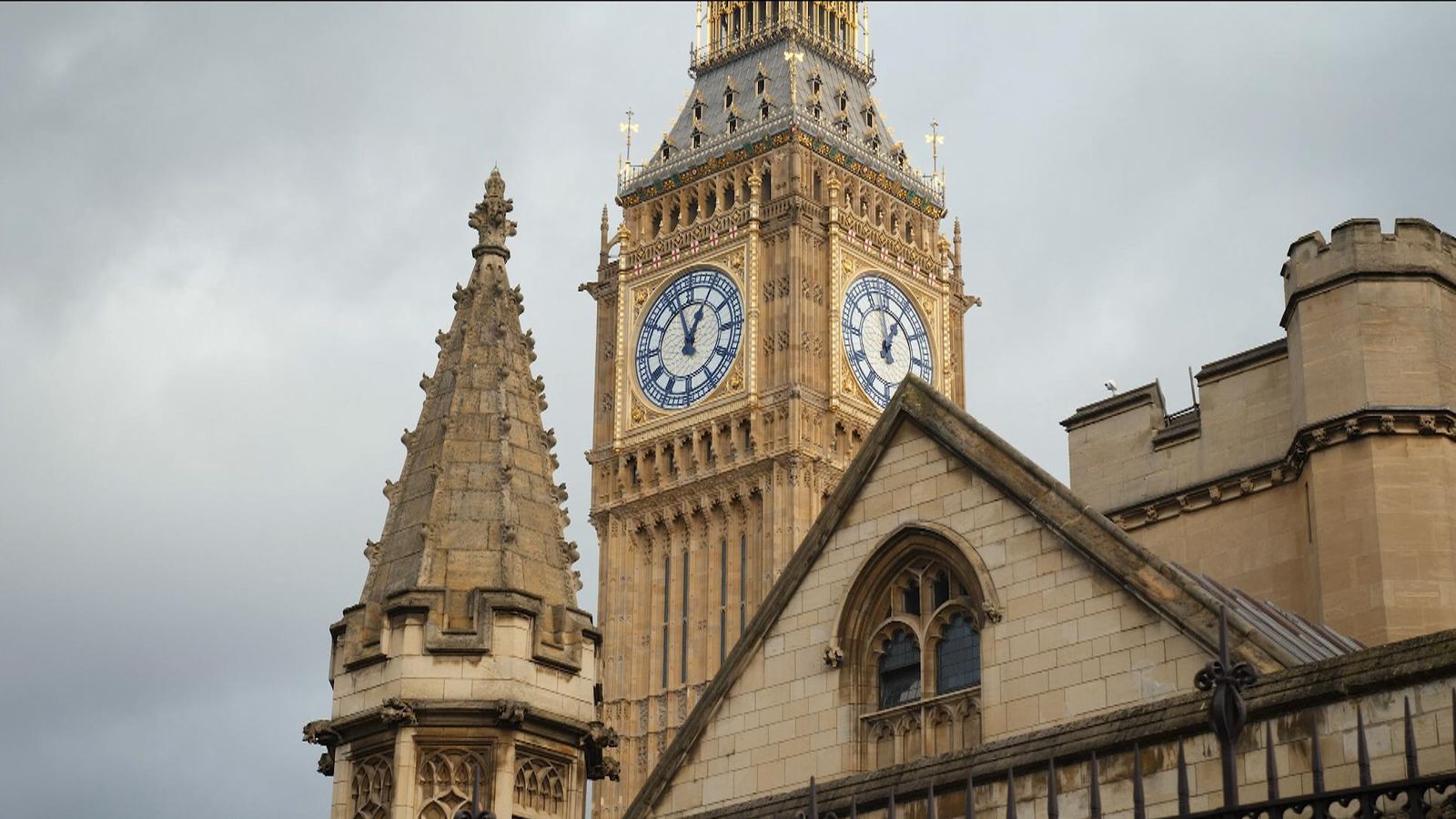MPs who lose their seat at the next general election will receive double the financial support following a ruling from parliament’s expenses watchdog.
MPs who are forced out in an election defeat have previously been entitled to two months of financial assistance to help close their office and manage the departure of staff, but the Independent Parliamentary Standards Authority (IPSA) , which governs MPs’ pay and expenses, has now ruled that should be increased to four months.
The so-called winding-down payments will not be made available to those who choose to stand down before the election period kicks in.
As of April this year, MPs are paid an annual salary of £86,584.
IPSA’s ruling comes following the confirmation of 75 current MPs that they will not be standing at the next election – including 50 who were elected as Conservatives.
For Labour, 14 MPs are stepping down, while seven from the SNP will not seek re-election.
IPSA said it made the decision because the time to fully close down a MPs’ parliamentary and financial affairs was longer than the time covered.
“Former MPs will continue to have access to their normal budgets (pro-rated) for that four-month period, and they will continue to employ staff as needed to assist them in winding up their affairs,” the ruling said.
As well as winding down payments, MPs who have served more than two years are also eligible for loss-of-office payments with longer-serving MPs receiving larger amounts.
Read more:
Adam Boulton: 75 MPs to step down as ‘change election’ looms
A report by parliament’s Commons Administration Committee in February found that Westminster’s pay-outs to MPs compared poorly with comparable international democracies.
The median loss-of-office payment for MPs who were defeated in the 2019 general election was £5,250 – equivalent to less than one month of their then £84,144 salary – with the amount paid depending on the length of service.
By comparison, an ousted MP in Germany who has served for 18 years qualifies for £162,360 compensation, while outgoing Australian MPs can expect to receive either £31,455 or £62,909, depending on length of service.
The payments, similar to redundancy packages, will be available to all eligible MPs who leave parliament at the next election.
Separately, severance payments for outgoing prime ministers have been criticised recently after Liz Truss received £18,660 despite serving in office for just 49 days.
Her chancellor, Kwasi Kwarteng, received £16,876 after he was forced to resign following his mini-budget, which caused turmoil in the financial markets.
